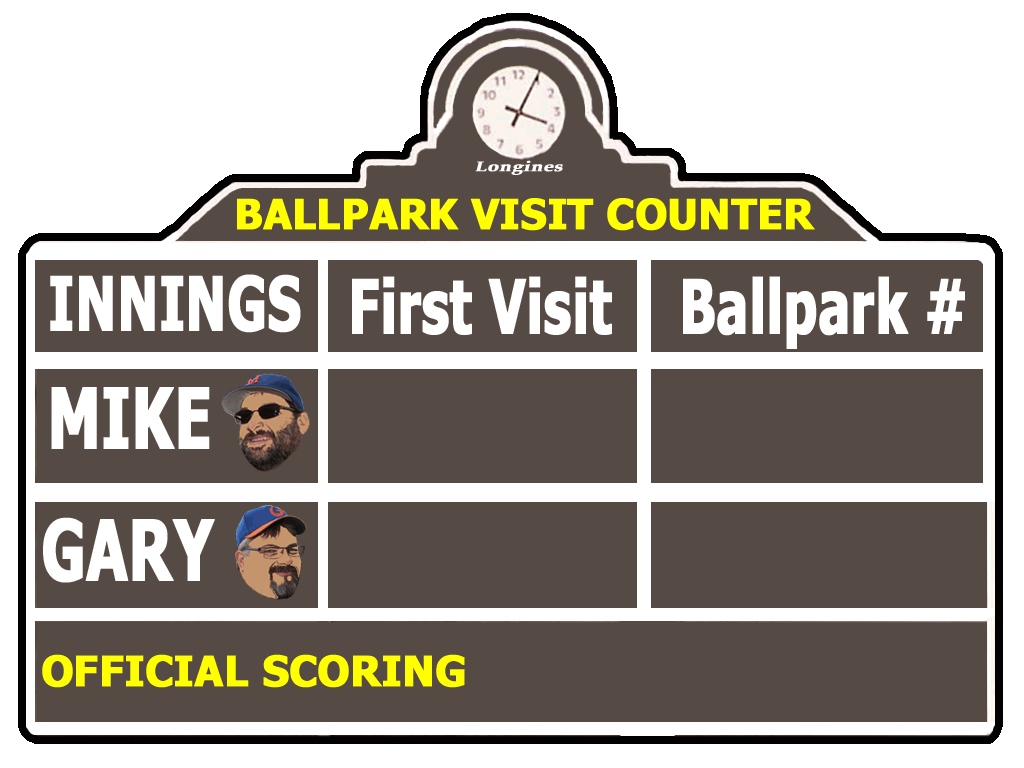
Holt-Moffitt Field
Lexington, NC
Review by Gary
One of the most pleasing things about visiting a ballpark is meeting people who are friendly, eager to let us walk around, and open to talking about baseball. This happened when I made the journey to Holt-Moffitt Field in Lexington, North Carolina, about 30 minutes south of Winston-Salem. As I walked through an open gate, I followed the smell of grilling burgers to the door of the concession stand behind the first base dugout.


I knocked and was invited in by a friendly fellow named Ric Cook (no, really), who was doing the frying in a small kitchen. Ric is the director of the Lexington-Davidson Warriors of the NC 3 American League, an alternative to American Legion baseball, who play at Holt-Moffitt. Ric informed me that the ballpark is also home to the town’s other team, the Lexington Flying Pigs, a franchise in the collegiate wooden-bat Old North State League.

Holt-Moffitt was constructed in 1938 and served as the off-and-on home of Lexington baseball teams in various minor leagues until 1967, when the Lexington Giants of the Western Carolinas League departed after four seasons. Built as a WPA project, the first view of Holt-Moffitt is of an understated wooden press box resting atop a cinder-block clubhouse.


Fans sit on bare concrete bleachers in a Roman coliseum-like atmosphere behind home, but can also choose to sit in metal stands on the first-base side. The field backstop is lined with a short brick wall that looks to be original and trims out the home plate area nicely. The grass on the field is in immaculate condition and is surrounded by a narrow gravel warning track that looks to have been undisturbed for 50 years.
The best, and most unique feature of Holt-Moffitt Field is the steep hill in front of most of the outfield fence. This incline is in play and brings to mind the left field hill at old Crosley Field in Cincinnati. The hill starts just to the right of dead center field and rises in height to about 10’ and at a 45-degree angle by the time it reaches left field. The hill continues around to the third base side to form a berm for fans to sit on.


There is no obvious reason for this hill to be there as the ballyard could have easily been constructed 10-15 feet closer to the street at the foot of the incline. It is certainly a fantastically unique feature not found in many stadiums today and an adventure for the outfielders who might very well choose to just let the ball hit to the fence and roll back down the hill to them.




